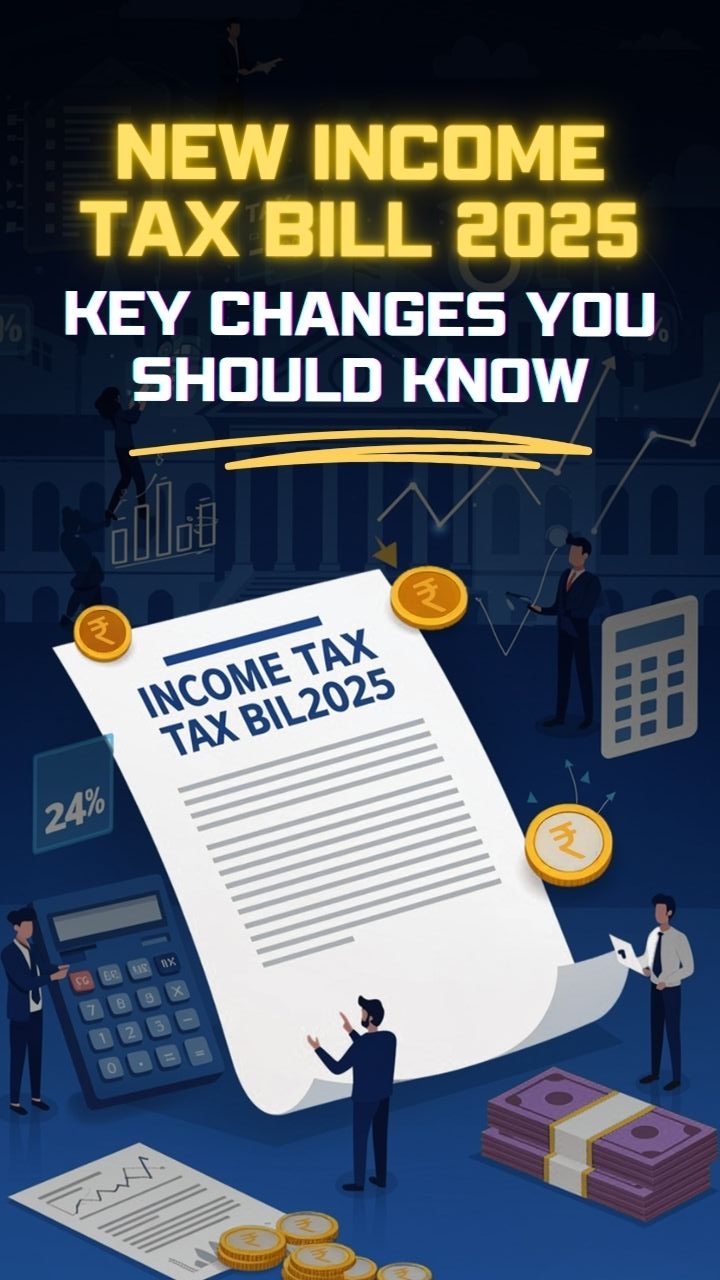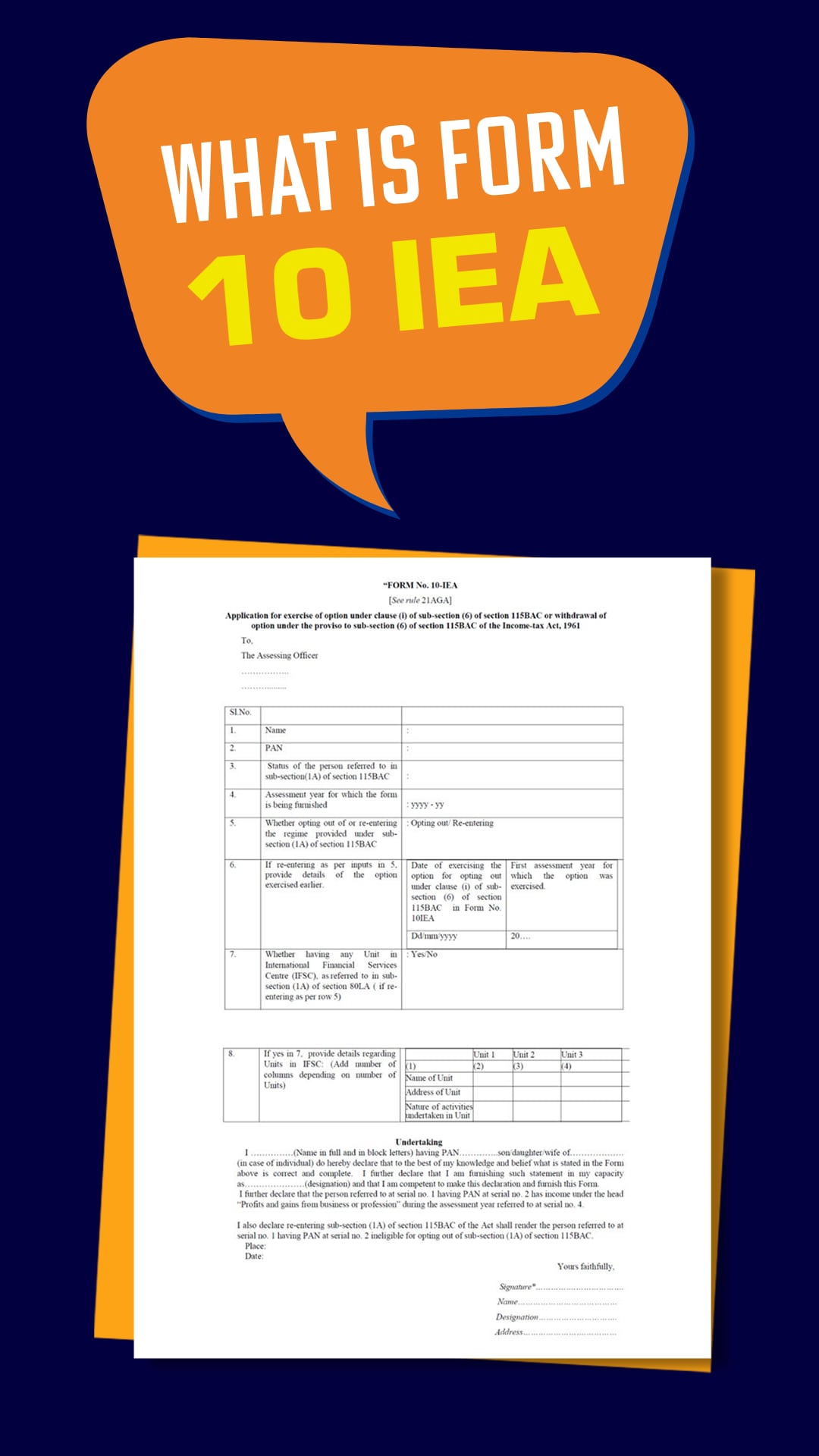Income Tax 101: Essential Terms Every Beginner Should Know
Filing your income tax for the first time? Don’t worry—it’s not as complicated as it seems! You could easily navigate the process with the right understanding of key terms. Let’s go over them.
Your Gross Total Income includes your salary, capital gains, property income, business profits, and other sources like lottery winnings or investment earnings. Next, we’ll touch upon Deductions, which help lower your taxable income. These can be house rent allowance, health and life insurance, interest on education loans, and more. Finally, you will learn about your Net Taxable Income. This is what’s left after tallying the deductions from your gross total income.
In this video, we’ll also talk about what’s known as the Previous Year and the Assessment Year. For example, if you’re filing taxes in FY2023-24, that is the assessment year, while the previous year is FY2022-23. Next, you’ll learn about TDS (Tax Deducted at Source) and how it applies to certain payments, such as salary or bank interest. Finally, we will discuss your Income Tax Return (ITR) and how you could report your income and taxes with the help of Form 16.
Now that you know these tax terms, you might be able to file your ITR without breaking a sweat!

Key Takeaways
Previous year: The one that precedes the year of assessment; if you file your taxes on the 15th of July 2023, then your previous year would be 2022-23
Assessment year: The one that succeeds the previous year during which your returns will be assessed and filed accordingly
Gross total income: A sum of your salary, income from property, capital gains, profits from any business, as well as any income earned from other sources
Deductions: These are provisions made by the government to help reduce your overall tax liability
Net taxable income: Derived when you subtract deductions from your gross total income
TDS: When you receive your salary, this is the amount deducted at the source by your employer as tax
Income Tax Return: ITR is when you file for a return after having reported your income and having paid your tax dues
What to Watch Next
Bites




































